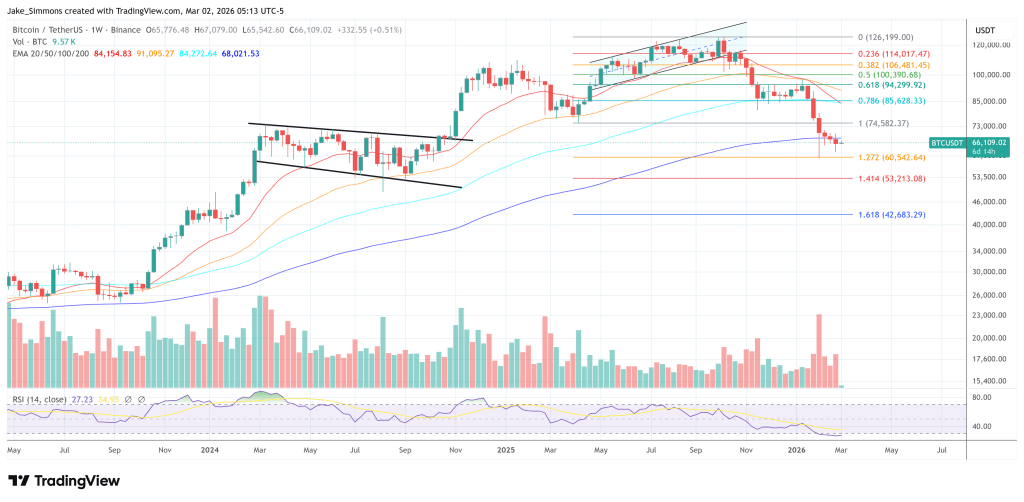
By means of modernization to make exchanges more competent, protected and opportune, fintech or financial technology sits at an advantageous position at the common point of two cornerstones of a modern enterprise. During the past few years, there has been a remarkable rise in the volume of investment put into the developing sector, generating many new concepts which are willing to disturb the longstanding techniques of conducting business. Irrespective of the fact that you are an entrepreneur, investor or end-user, here is a lot of points which you should know about:
1. Alternate Credit
Most of the small businesses find it very difficult to get loans from stereotyped financial organizations because they are considered to be less profitable and risky. Fintech solutions have been incorporated to fulfill that niche by helping peer-to-peer lending with a comparatively lower rate of interest and more competitive terms on an overall basis for both parties.
Even though the credit lines are of comparatively smaller values, they fulfill important criteria that are associated with lower expenses.
2. Blockchain
Blockchain is the new buzzword in today’s world that it’s used to describe concepts like cryptocurrencies (Bitcoin and Ethereum) to other unassociated industry trends. Nevertheless, it is one of fintech’s most game-changing innovations. Additional security through distributed ledger and prevention of third-party authentication makes it a very elegant option, even though cryptocurrency adoption is acting at a very slow pace.
3. Security
As long as money has been changing hands in the business, there have always been people looking to steal that money. And with extra dependence on internet-based transactions, securing payment transactions has become a vital area of fintech development. Companies that are offering point-of-sale activities now use the most advanced VPN and firewalls to secure customer info safe from external malware attacks. Meanwhile, enterprises that keep customer credit card data online have started to incorporate advanced systems that are protected against brute force attacks and other hacker exploits. It’s also worth noting that with Europe’s introduction of the GDPR and other worldwide regulations regarding how companies use customer data, privacy is an equally crucial concern.





